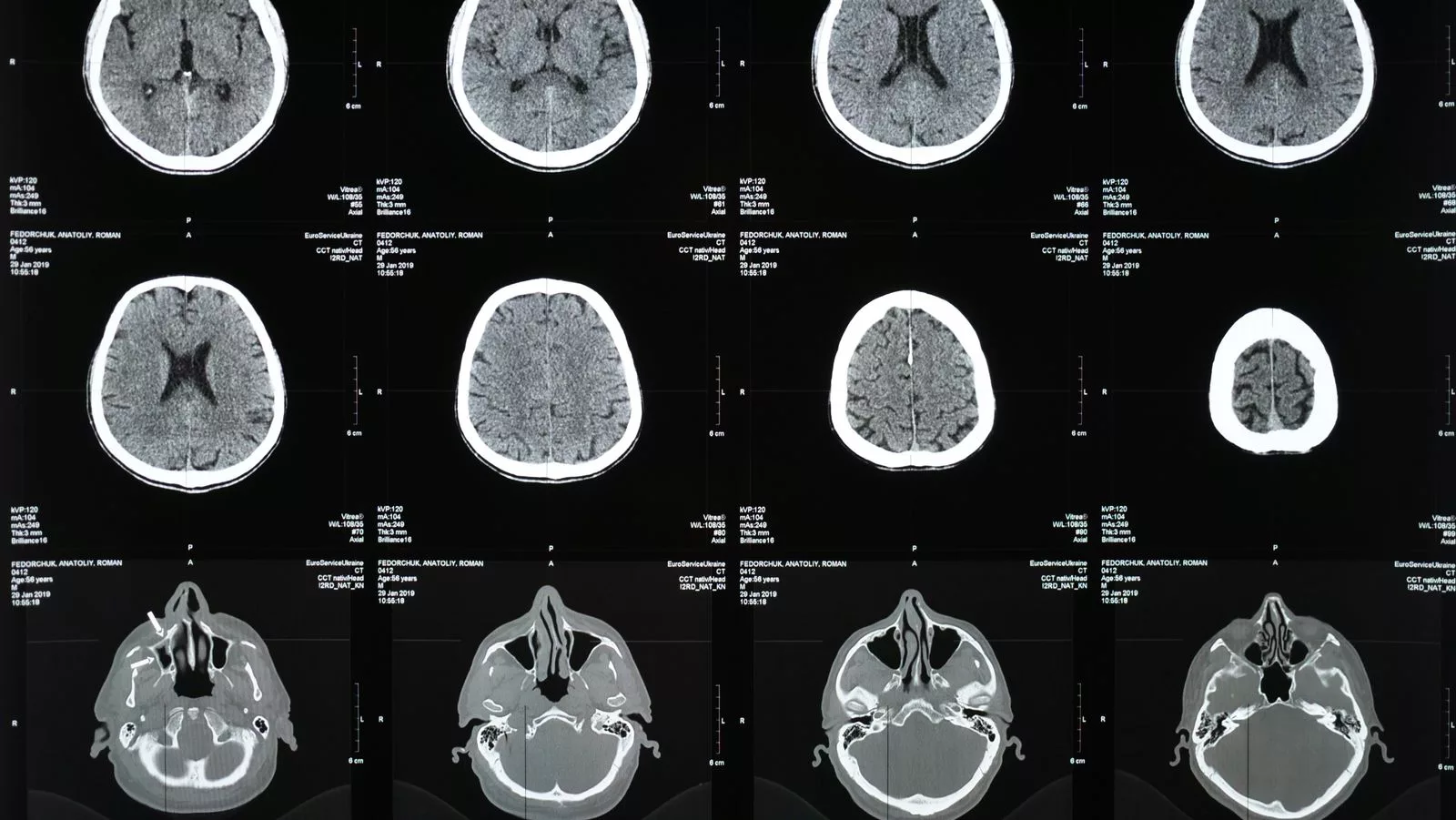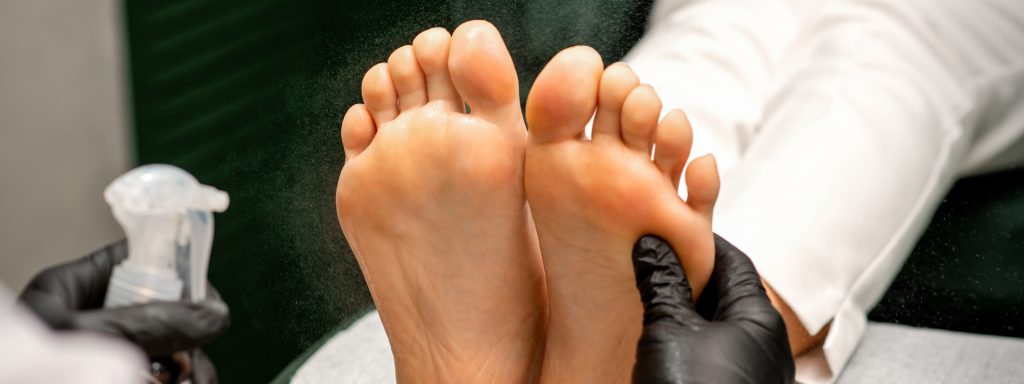You may have suffered a concussion if you have been involved in an accident and sustained a bump, blow, or jolt to the head or any other type of head trauma. A concussion is a serious medical issue and falls under the category of traumatic brain injuries (TBIs).
Not all concussions immediately manifest themselves. Instead, symptoms of a head injury may not appear until days later. If you have experienced any significant head injury, you should seek medical attention immediately. A concussion left untreated may result in bleeding in or around the brain, which can cause the injured party to experience drowsiness and confusion, possibly leading to death.
What Happens If a Concussion Goes Untreated?
Neglecting to treat a concussion can lead to a range of serious and potentially long-lasting complications. While some symptoms may appear mild initially, the underlying brain injury can have significant effects if not properly managed.
Potential consequences include:
- Persistent Post-Concussion Symptoms (PPCS): Untreated concussions can result in symptoms such as headaches, dizziness, fatigue, and cognitive difficulties lasting for weeks or even months. This condition, known as PPCS, can significantly impact daily functioning.
- Cognitive Impairments: Memory problems, difficulty concentrating, and slowed processing speeds are common in untreated cases, affecting work, school, and personal relationships.
- Emotional and Behavioral Changes: Mood swings, irritability, depression, and anxiety may develop or worsen without appropriate care, stemming from the brain’s impaired ability to regulate emotions.
- Increased Sensitivity to Stimuli: Heightened sensitivity to light and noise can persist, leading to discomfort and avoidance of social situations.
- Second-Impact Syndrome: Sustaining another concussion before fully recovering from the first can cause rapid and severe brain swelling, a rare but often fatal condition.
Prompt medical evaluation and adherence to a recommended recovery plan are essential to mitigate these risks. If you suspect a concussion, seek medical attention immediately to ensure proper diagnosis and management.
What Are the Apparent Symptoms of a Concussion?
In many cases, concussion symptoms appear quickly and warn an individual that they should seek medical attention. These apparent symptoms include:
- Loss of consciousness
- Blurry vision or other eye changes, such as one pupil being dilated
- Headache
- Nausea/vomiting
- Drowsiness/fatigue
- Slurred speech
- Feeling dizzy/dizziness
- Changes in behavior
- Pale skin for longer than one hour
- Confusion
If you experience any of the symptoms above after injuring your head in an accident, you may have suffered a concussion. After a head injury, it’s always best to be evaluated by a medical professional who can run diagnostic tests to determine the extent of your injuries.
What Are the Symptoms of a Delayed Concussion?
Individuals who experience a delayed concussion may experience the same symptoms as those listed above. However, there are other indicators that injury victims should watch for that may signify that they are experiencing a delayed concussion which include:
- Difficulty with memory and concentration;
- Changes in sleep patterns, including the inability to sleep or sleeping too much;
- Sensitivity to light, sounds, or noise;
- Noticeable change in personality;
- Lack of impulse control;
- Confusion;
- Irritability.
Not seeking medical help can cause these symptoms to worsen and could lead to even more severe health issues or even death if left untreated. If you have noticed these symptoms in a loved one or friend after they have been involved in an accident, urge them to seek medical treatment as soon as possible.
What Should I Do if I Have Suffered a Concussion?
If you suspect you have suffered a concussion, you should be evaluated by a medical professional as soon as possible and have them run diagnostic tests. These tests can either confirm your suspicions or lay them to rest. Regardless, it’s always best to find out so you can receive proper treatment if the tests determine you have suffered a concussion.
A concussion may be diagnosed using a variety of methods. Doctors routinely order several tests: computer tomography (CT) tests or magnetic resonance imaging tests (MRI) to determine if bleeding in the brain has occurred.
A physician may also choose to test your hearing, vision, coordination, and balance, as well as your memory and concentration.
Often, a medical professional may order a concussion patient to remain in the hospital overnight for observation. Or they may request that a family member observe the individual at home to ensure the symptoms do not worsen.
Can I Recover Compensation if I Suffered a Concussion as the Result of Another Person’s Negligence?
If you’ve been involved in an accident caused by another person’s negligence and have suffered a concussion, you may be entitled to recover financial compensation for the injury and any damages you’ve incurred.
A skilled personal injury attorney can help you obtain a financial recovery that will help with your lost wages, medical expenses, and emotional trauma.
For more information about how a personal injury attorney can assist you after suffering a concussion, contact RTRLAW for a free, no-obligation case review.


 CALL US NOW
CALL US NOW TEXT US NOW
TEXT US NOW



























